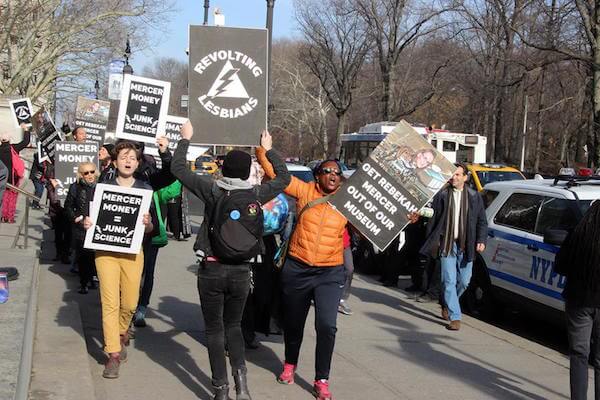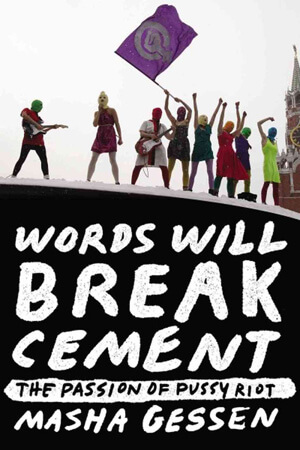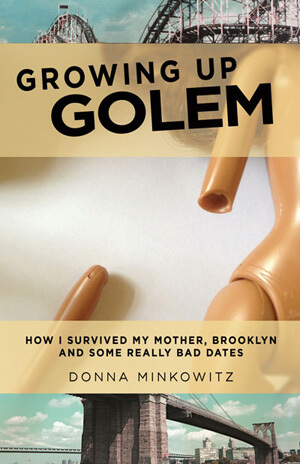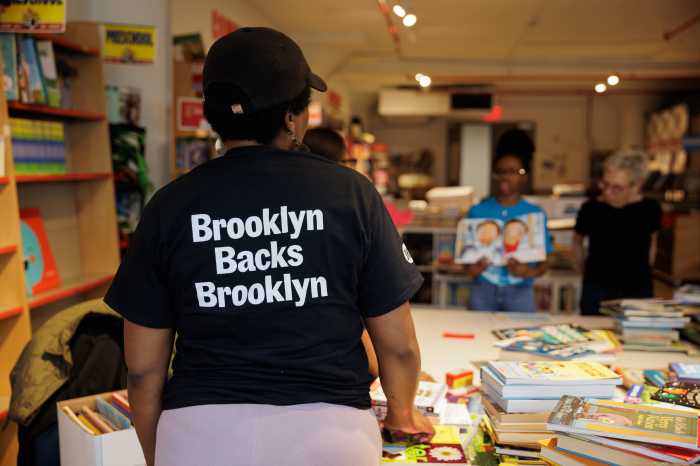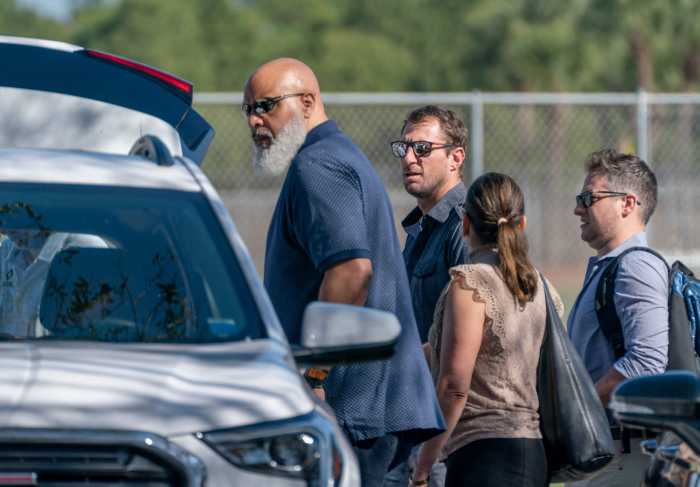Author Richard Bowes. | KELLY JEAN COGSWELL
Lately, I've been talking to students about the Lesbian Avengers. I stand up there like a figure of authority and show a video and answer questions about this dyke activist group I was a part of, and it's all so weird because what's my life is their history.
Like a strange kind of time traveler, I'm not just their past but their future, too. The Avengers may have been most active in the 1990s, but direct action and political organizing are never obsolete. And eventually, some of those kids I'm talking to will realize that the uncomfortable burning sensation in the pit of their stomachs is rage, and they'll also take to the streets.
One of our queer writers aware of just how life loops and intersects is Richard Bowes. The present is mixed up with the past and future. Good blends with evil — and also mediocrity. An Irish-American writer who grew up in 1950s Boston, Bowes mostly does sci-fi and fantasy. As a young writer, he wrote literally about time travel. Lately, much of his work is “realistic,” with just a slightly paranormal twist though it is still concerned with time.
“Minions of the Moon,” one of his most autobiographical books, is also one of his best. Originally published in 1999 and just re-issued, the Lambda Award-winning novel plays hard and fast with the details, though its author did grapple with his sexual identity and ended up a New York rent boy with a bad drug habit. The twist is that Bowes turns his addiction into a doppelganger who also represents that part of himself that emerges whenever he's stressed out or needs to get out of a jam. The narrator, Kevin Grierson, calls that double his Shadow and it sticks with him, appearing periodically even when he thinks it's long gone
Bowes reminds us that Shadow is something we all have, not just as individuals, but as a society. I was reminded again this weekend of how time doesn't move on an endless, upward trajectory with lessons learned, misery redeemed, and progress written in stone. Even as we celebrate small gains, like the right to marry, youngish queers like Mark Carson, who was murdered by a homophobe in the West Village a few days ago, still cannot walk safely even in our gayest neighborhoods. Everything that's good in the past could happen again. But what was horrible is waiting for us, too.
Beyond that, there's also the merely surprising and absurd. Last week, I had a brief conversation with Bowes about his work and life which he writes about more factually in his upcoming book of interconnected stories, “Dust Devil On a Quiet Street.” He called his survival “pure luck.” He should have died during all his years on the street. There were the sexual predators, the drug violence, the drugs themselves, but he somehow escaped. He never even did time because in those days the police were Irish and he'd get a break because he looked like every cop's youngest brother. In a miserable joke of fate, he even avoided HIV because he got cancer and was out of sexual commission during the worst of the epidemic.
His surprise at lasting when so many around him didn't keeps his books honest. They never turn into “How I got clean” stories, or “Redemption through art” fables, or some queer mythology of survival. If he rebelled at Stonewall, it was partly because he was hanging out with some druggie friends and, being East Village riot aficionados, they never passed up a chance to screw with the cops. And if the old Italian ladies started screaming at the police from the windows, it was less solidarity with queers than a neighborhood hatred of the law. The big revelation: even when we have to fight hard to survive, we owe a fair amount to luck and sometimes the intervention of strangers.
In his books, gender also doesn't stay on its assigned track. As a gay man, when he takes on his life the main figures are naturally men. Still, when he writes about the enforced masculinity of the military system, even the draft board, he has a strangely “female” sensibility in revealing how he hated the way they owned your body, taking your clothes and shaving your head like convicts. Stripping you down to your underwear and staring and judging. They enforced their will with beatings and sometimes rape. It was worse than selling yourself on the street, where you could at least pretend to have some control.
In another recent book, “The Queen, the Cambion, and Seven Others,” Bowes takes on fairy tales, plunging further into the ambiguities of time and gender. Here, he narrates most of the stories from a female point of view, and he seemed a little puzzled telling me about a writer who asked him why — and how — he pulled it off. “There's no trick to it,” he responded. “All the characters are still me.”
Follow Kelly Cogswell on Twitter @kellyatlarge.


